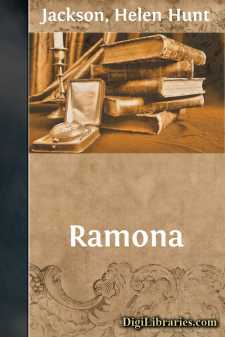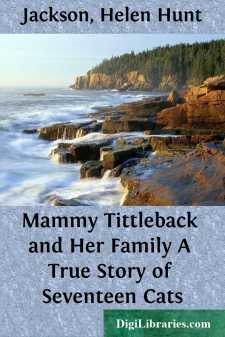Categories
- Antiques & Collectibles 13
- Architecture 36
- Art 48
- Bibles 22
- Biography & Autobiography 813
- Body, Mind & Spirit 142
- Business & Economics 28
- Children's Books 14
- Children's Fiction 11
- Computers 4
- Cooking 94
- Crafts & Hobbies 4
- Drama 346
- Education 46
- Family & Relationships 57
- Fiction 11829
- Games 19
- Gardening 17
- Health & Fitness 34
- History 1377
- House & Home 1
- Humor 147
- Juvenile Fiction 1873
- Juvenile Nonfiction 202
- Language Arts & Disciplines 88
- Law 16
- Literary Collections 686
- Literary Criticism 179
- Mathematics 13
- Medical 41
- Music 40
- Nature 179
- Non-Classifiable 1768
- Performing Arts 7
- Periodicals 1453
- Philosophy 64
- Photography 2
- Poetry 896
- Political Science 203
- Psychology 42
- Reference 154
- Religion 513
- Science 126
- Self-Help 84
- Social Science 81
- Sports & Recreation 34
- Study Aids 3
- Technology & Engineering 59
- Transportation 23
- Travel 463
- True Crime 29
Hetty's Strange History
Description:
Excerpt
"Pshaw! pshaw! child," he would reply, "that's nothing. It does almost as well to walk on, and that's all legs are for. I'd have had forty legs shot off rather than not have helped drive out those damned British rascals."
Not even for sake of Hetty's young ears could the old Squire mention the British rascals without his favorite expletive. Here, also, came in another lesson which sank deep into Hetty's heart. It was for his country that her grandfather had lost that leg, and would have gladly lost forty, if he had had so many to lose, not for himself; for something which he loved better than himself: this was distinct in Hetty Gunn's comprehension before she was twelve years old, and it was a most important force in the growth of her nature. No one can estimate the results on a character of these slow absorptions, these unconscious biases, from daily contact. All precepts, all religions, are insignificant agencies by their side. They are like sun and soil to a plant: they make a moral climate in which certain things are sure to grow, and certain other things are sure to die; as sure as it is that orchids and pineapples thrive in the tropics, and would die in New England.
When old Squire Gunn was buried, all the villages within twenty miles turned out to his funeral. He was the last revolutionary hero of the county. An oration was delivered in the meeting-house; and the brass band of Welbury played "My country, 'tis of thee," all the way from the meeting-house to the graveyard gate. After the grave was filled up, guns were fired above it, and the Welbury village choir sang an anthem. The crowd, the music, the firing of guns, produced an ineffaceable impression upon Hetty's mind. While her grandfather's body lay in the house, she had wept inconsolably. But as soon as the funeral services began, her tears stopped; her eyes grew large and bright with excitement; she held her head erect; a noble exaltation and pride shone on her features; she gazed upon the faces of the people with a composure and dignity which were unchildlike. No emperor's daughter in Rome could have borne herself, at the burial of her most illustrious ancestor, more grandly and yet more modestly than did little Hetty Gunn, aged twelve, at the burial of this unfamed Massachusetts revolutionary soldier: and well she might; for a greater than royal inheritance had come to her from him. The echoes of the farewell shots which were fired over the old man's grave were never to die out of Hetty's ears. Child, girl, woman, she was to hear them always: signal guns of her life, they meant courage, cheerfulness, self-sacrifice.
Of Hetty's father, the "young Squire," as to the day of his death he was called by the older people in Welbury, and of Hetty's mother, his wife, it is not needful to say much here. The young Squire was a lazy, affectionate man to whom the good things of life had come without his taking any trouble for them: even his wife had been more than half wooed for him by his doting father; and there were those who said that pretty Mrs. Gunn had been quite as much in love with the old Squire, old as he was, as with the young one; but that was only an idle village sneer. The young Squire and his wife loved each other devotedly, and their only child, Hetty, with an unreasoning and unreasonable affection which would have been the ruin of her, if she had been any thing else but what she was, "the old Squire over again." As it was, the only effect of this overweening affection, on their part, was to produce a slow reversal of some of the ordinary relations between parents and children....











